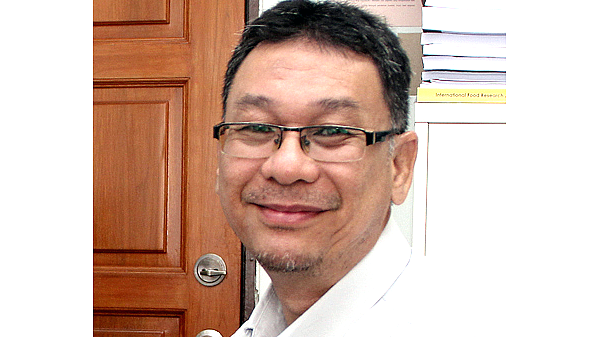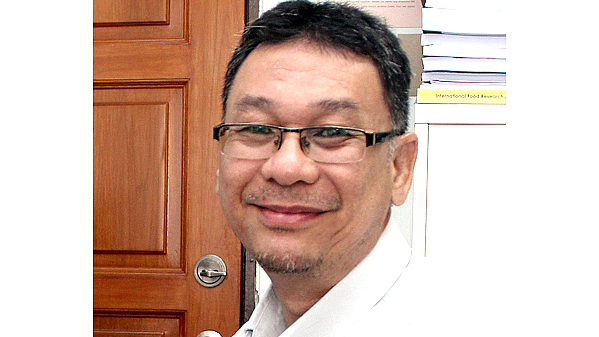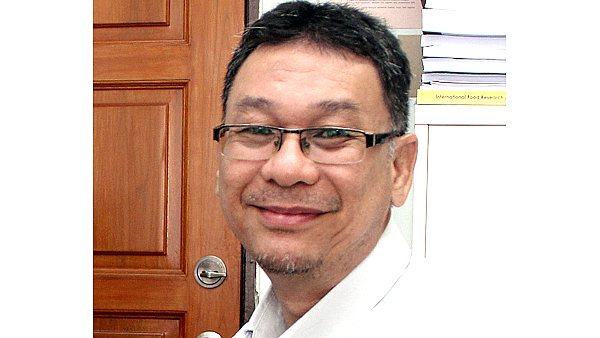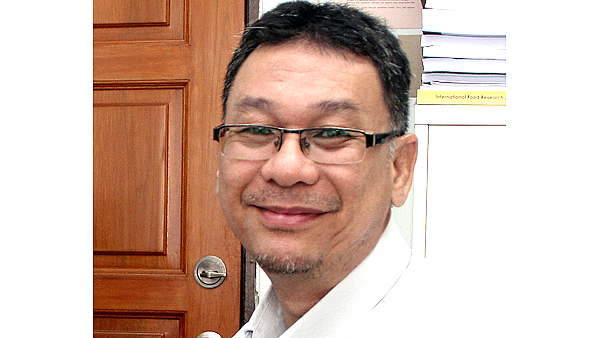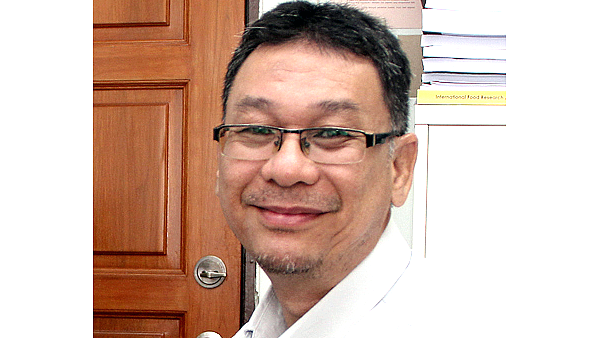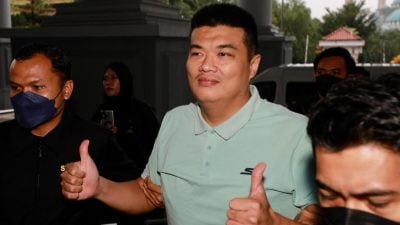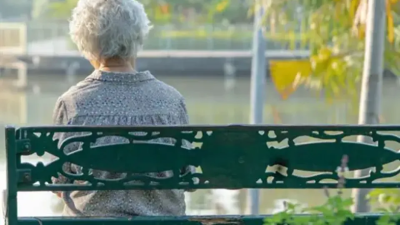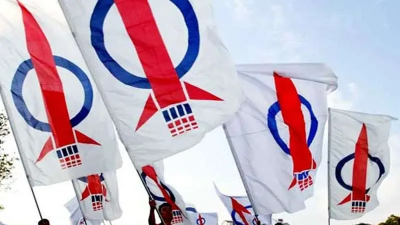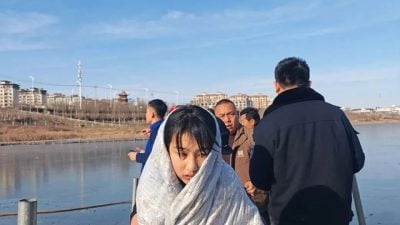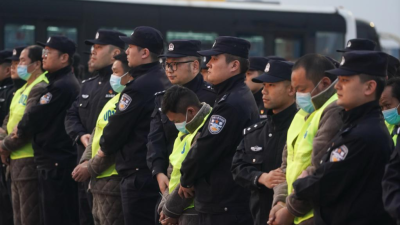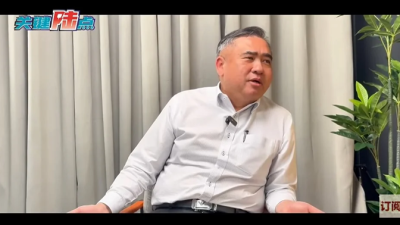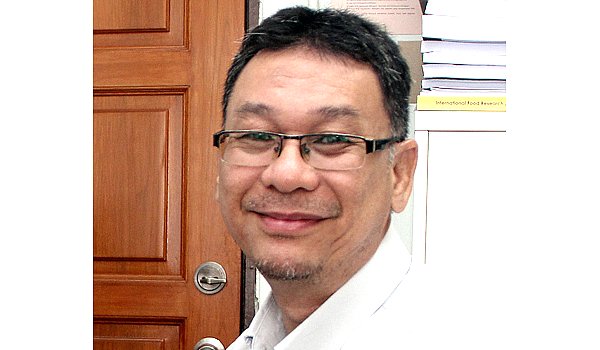
Last week was a tumultuous moment in the political landscape of our country, as the nation is facing an uphill task to contain the COVID-19 pandemic as well as the associated economic and social issues.
The eagerly anticipated Conference of Rulers meeting on June 16 had an air of salvation around it, a sort of promise of deliverance to the political conundrum afflicting Malaysia presently.
Prior to the meeting, on June 15, a statement representing the voices of the rakyat by a coalition of more than 40 non-governmental organizations (NGOs) and civil society organizations (CSOs) was issued, initiated by Pertubuhan IKRAM Malaysia (IKRAM).
Among others, the statement was supported by Gabungan Bertindak Malaysia (GBM), G25, Kuala Lumpur and Selangor Chinese Assembly Hall (KLSCAH) and Angkatan Belia Islam Malaysia (ABIM).
Four demands were raised in the statement. The first is to reconvene the parliament. The second is for politicians across political divide to put aside their differences to work together to resolve health, economic and social crises plaguing the nation. The third is for the state of emergency not to be extended beyond August 1, 2021. The fourth is for the NGOs and CSOs as well as experts and technocrats to be involved in addressing the issues faced by the nation.
Representing the often forgotten voices of the third sector, these demands were announced on the back of recovery plans by the Prime Minister as well as the opposition leader.
Following the Conference of Rulers meeting, the press release by the Keeper of the Rulers’ Seal showed that the Yang di-Pertuan Agong and the Rulers had listened to the voices and plight of the rakyat.
The press release emboldened the call to reconvene the parliament, not extending the Emergency beyond August 1 and urged an inclusive approach to tackle the nation’s crises.
The stand of the Yang di-Pertuan Agong and the Rulers was welcomed and applauded by Malaysians from all walks of life, including NGOs and CSOs.
NGOs and CSOs were grateful that their voices were heard, as the stand by the Yang di-Pertuan Agong and the Rulers is consistent with the four demands aforementioned.
However, considering the multifaceted nature of socioeconomic and political issues exacerbated by the pandemic, the battle is far from over. There are constitutional issues too, as highlighted recently by the constitutional expert Shad Saleem Faruqi, particularly in relation to a possible situation after August 1, where if the Prime Minister loses a vote of no-confidence in the Dewan Rakyat and nobody else can secure a stable majority in the hung parliament.
Nevertheless, it is of the view of many that to move forward constructively, recovery plans presented by both the government and the opposition should be carefully deliberated, debated, calibrated and ultimately strategized for implementation.
The nation badly needs the best ideas regardless of political affiliation to be translated into policy actions before it is too late.
The lack of the check and balance for the Executive, as a result of the Emergency since January had only worsened the situation. Hence, there is a need for the parliament to reconvene as soon as possible to allow the due process of deliberation to take place.
To complement the check and balance process by members of parliament, a whole-of-society approach as outlined by the Yang di-Pertuan Agong and the Rulers, and by the statement of the CSOs and NGOs, is recommended to resolve the ongoing woes.
To implement this, an inclusive consultative assembly is suggested, set-up by the parliament where experts, technocrats, NGO and CSO leaders are involved, all for the best interest of the nation.
The idea of a consultative assembly is not new, where Ireland has set an example.
The Citizens’ Assembly in Ireland was formed to deliberate on national issues. The assembly carefully considers evidence on an issue and delivers policy recommendations. Findings from the assembly are presented to the parliament for debate.
This is a form of deliberative democracy in which Malaysia can choose to emulate considering the current predicament we are in.
However, would Malaysia be ready for this?
(Badlishah Sham Baharin, Chairman, Gabungan Bertindak Malaysia, GBM; Mohammad Abdul Hamid, Public Policy Consultant.)
ADVERTISEMENT
ADVERTISEMENT






